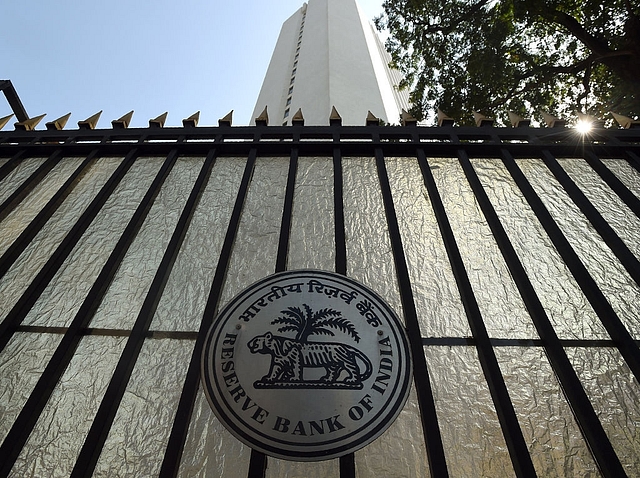
Big Q: Why Should RBI Or Any Central Bank Have A Monopoly On Money?
The 21st century will challenge the idea of the state and its monopoly powers, but Step One in that process is whether central banks should have a monopoly on money.
The answer is no. Competition will be good even in the business of creating money and managing its ebbs and flows.
A philosophical question that economists need to answer after Lehman, zero-interest money, QEs, and demonetisation (in our case) is whether central banks ought to have that kind of monopoly over money.
Most free-market economists would agree that monopolies are bad, but they do not usually challenge the state’s monopoly over violence and law-making or the central banks’ monopoly over the issue and regulation of currency.
Leaving aside the state’s monopoly on some kinds of power, let’s ask whether a central bank’s money monopoly is worthwhile since it does not appear to have delivered the kind of benefits to the world in recent decades which can justify the conferment of a monopoly.
The fundamental reason why we have grown to love (or learned to live with) central banks is that we cannot remember a time when they did not exist. So the argument is better the devil you know…
But consider their track record…
The US Fed could not prevent or even moderate the 1930s depression. It took a world war to rescue the US economy from deflation.
The US government (and the Fed) reneged on their most important commitment – to link the dollar value to gold – in 1971. This link was crucial to getting the world to accept payment in US dollars. But once that got done, the US did not want to honour its commitment since this was costing it a bit. In short, central banks cannot always be trusted.
“Independent” central banks were never able to prevent governments from debasing the currency by resorting to huge fiscal deficits. So they could not maintain the exchange values of their currencies without creating hardships for their people.
Central banks have been particularly bad at predicting when money was too cheap or too expensive – the main job they are supposed to do – and we have seen that in bold relief post-Lehman, and with the ongoing Eurozone crisis and Japan’s never-ending stagflation.
In India, we were happy to assume that for Reserve Bank of India (RBI) governor Raghuram Rajan brought inflation down, but this is a story we concocted after noting that the man was talking a lot about inflation. We presumed that what he did must have helped inflation come down, but we can never be sure. But his predecessor D Subbarao spent five years chasing down both inflation and disinflation (pre-2008, post-2008, and post-2011-12) and was considered “behind the curve” on policy. As if one human being can predict the net outcomes from the individual actions of a billion-and-a-quarter people responding to inflation or deflation.
And now we have a new Governor, Urjit Patel, taking the flak for a decision he was only partially involved in – demonetisation.
But the real question to ask of Urjit Patel and the government that appointed him is not whether demonetisation was a good idea or whether it has been implemented badly, but whether either government or the central bank should have had this monopoly power at all?
That Patel and the Modi government are being attacked both by Left and Right for demonetisation leads us to a larger and more basic question: Could demonetisation have happened if the Indian state did not have a monopoly in central banking, and there were several money issuers vying for the citizen’s custom?
The answer is probably no, for it is only monopoly that assures central banks this kind of power. If India had another currency issuer, the RBI could not have demonetised the currency in one go. It would have had to announce a plan, and take the bad money out in stages.
But the central bank’s monopoly is really a consequence of the state’s monopoly on law-making and power. This is why states, despite being at odds with their central banks on the short-term direction of monetary policy, are equally keen to let them retain their money monopoly.
In the US, a private player launched a gold-based currency called e-Gold, but when it grew big enough, the powers-that-be had it wound up. Launched in 1996, e-Gold, founded by Douglas Jackson, allowed account-holders to make cash transfers to other e-Gold account-holders through its website. At its zenith, e-Gold was said to be handling more than $2 billion worth of annual transactions. (Read more about e-Gold here and here).
But governments can’t stand a rival who challenges their own right to mint currency, and so in 2009, e-Gold was shut down, ostensibly because it did not have a licence to transfer money. The Patriot Act, enacted after 9/11, gave the US government powers to do this.
The 21st century will challenge the idea of the state and its monopoly powers, but Step One in that process is whether central banks should have a monopoly on money.
The answer is no. Competition will be good even in the business of creating money and managing its ebbs and flows.